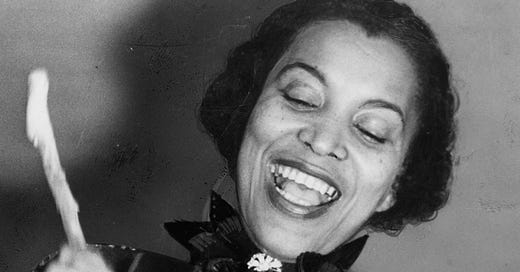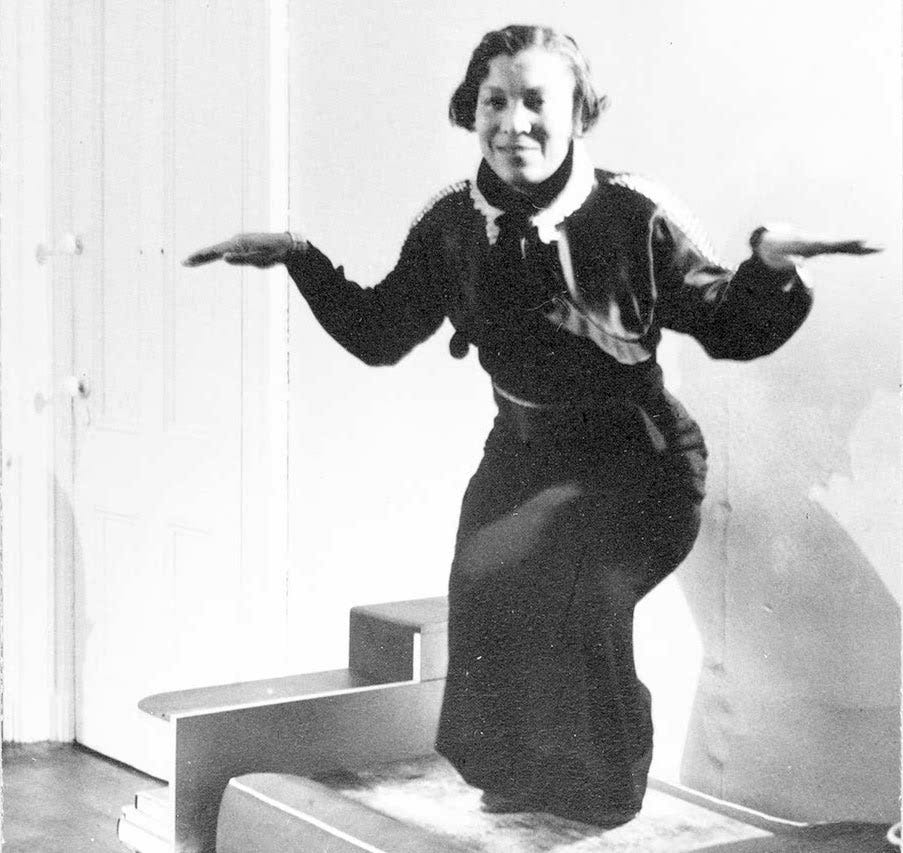Black Film Archive is a living register of Black cinema from 1915 to 1979. This Substack is its blog. Thank you for reading and supporting!
Memory is an active practice, Zora Neale Hurston’s life reminds us. Our vitality is linked to the lives we touch, and we are all infinitely indebted by Hurston’s commitment to chronicling Black life with a thorough hand.
In the late 1920s, Zora embarked on a two-year anthropological research study throughout the American South to collect scientific imagery of Black folklife with a 16mm camera in tow. By doing so, Zora directs one of our only visual understandings of Black communities and traditions in the early twentieth century. The ethnographic camerawoman boldly negates false assumptions about Blackness by showcasing the full resounding embodiment of Black being.
In Zora’s 1928 essay, “How It Feels to Be Colored Me,” she writes: “I am not tragically colored. There is no great sorrow dammed up in my soul, nor lurking behind my eyes.”
This sentiment carries through to her lush, focused filmmaking. Where others may have concluded that Black people were to be damned with sorrow, she dared to see the fullness of Black existence in her cinematic language. Though her filmmaking may be overshadowed by her transformative writing, consider that her visual documentation illuminates how she sought to depict Black being across her timeless creative practice. Using the familiarity of Zora Neale Hurston’s work as an entry point to early Black cinema, we are all given space to reconsider the power of Black imagemaking.
Today and every day, I celebrate Zora Neale Hurston! One of the first Black women filmmakers and the architect of an enduring visual language.
Zora Neale Hurston Fieldwork Footage (1928)
In this essential cultural document, the legendary author and anthropologist creates the rare cinematic look at rural, Black communities in the early twentieth century.
Commandment Keeper Church, Beaufort South Carolina, May 1940
As an insider among the people she filmed, this 1940 short documentary observes the religious practices of South Carolina’s Gullah people with the intimacy of a neighbor and the tenacity of an informed scholar.






very fascinating thank you for the article she was a pioneer, also sad news today, the passing of the great Sidney Poitier RIP. https://www.imdb.com/name/nm0001627/?ref_=fn_al_nm_2#actor
Zora had mad skills- novelist, short story writer, anthropologist AND filmmaker!